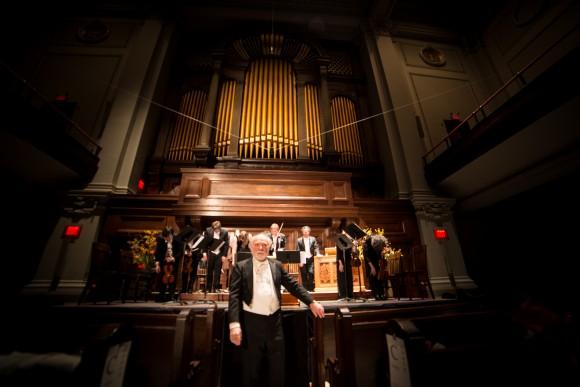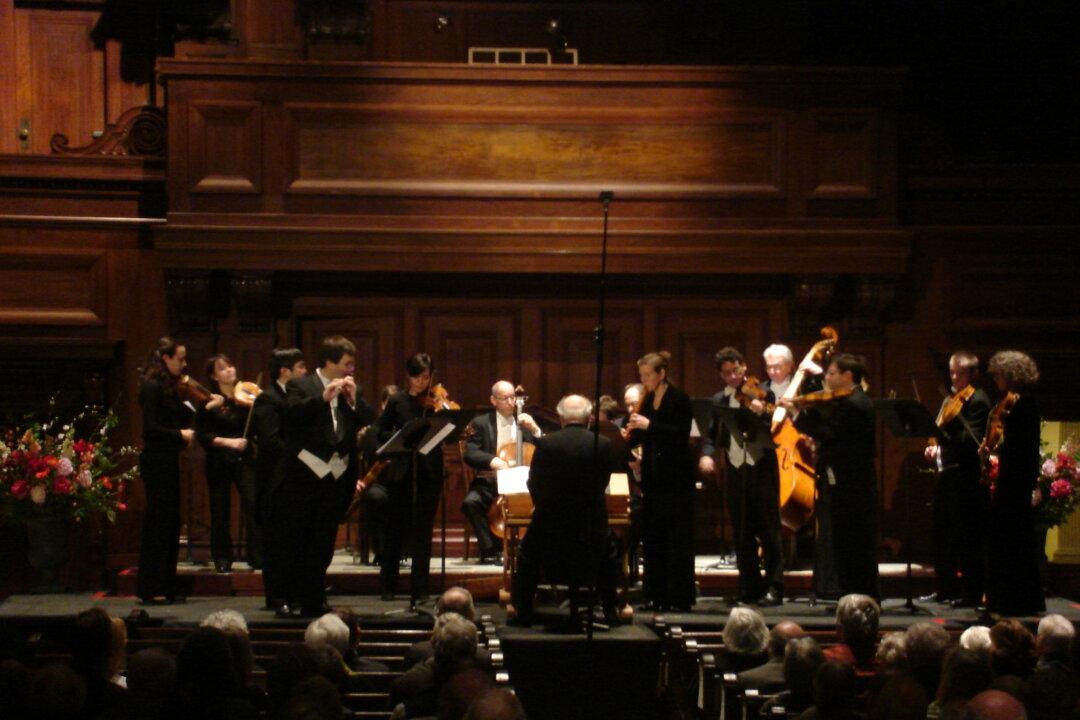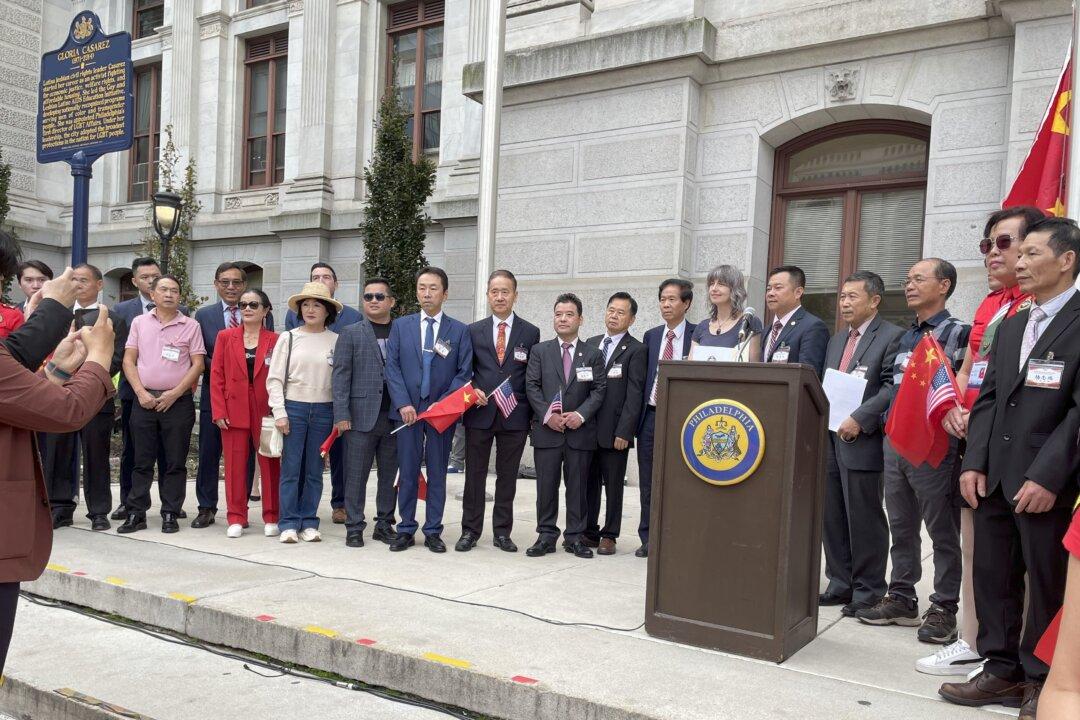Johann Sebastian Bach (1685–1750) is perhaps one of the composers referred to most; his name often used as a metonym for baroque or even classical music as a whole. But during his day, a few of his contemporaries were much more popular, but today they are obscure.
George Frideric Handel (1685–1759) is well known, and Georg Philipp Telemann (1681–1767) is not unfamiliar to classical music fans. But then there are composers like Johann Friedrich Fasch (1688–1758) and Christoph Graupner (1683–1760) who, unless you have spent time studying the baroque literature, are probably new names. All were prolific German composers who worked during the same period of time.
“They’re Johann’s peers, some of the unsung musicians from that period,” said Frederick Renz, director of Early Music New York (EMNY). “Who would know Mr. Graupner? But his music is fantastic.”
For instance, three years ago Renz found a Graupner piece that he said he fell in love with but only recently had the chance to program.
Graupner’s Ouverture in D major is an eight-movement suite of dances, where, in between minuets, there are mysterious sounding movement titles like “constancy” and “boredom.”
“This particular one, it has a certain spring character,” Renz said. “It’s in the key of D major, which is normally the baroque key for trumpets and drums and fanfares, but this piece is so sweet in so many ways. It has a lightness; perfect for springtime.”
On May 6, EMNY will perform high baroque orchestral works by all of these composers at the First Church of Christ, Scientist, near Lincoln Center. The selected works feature the baroque transverse flute, a wooden flute that only has one or two keys and holes for changing the pitch.







